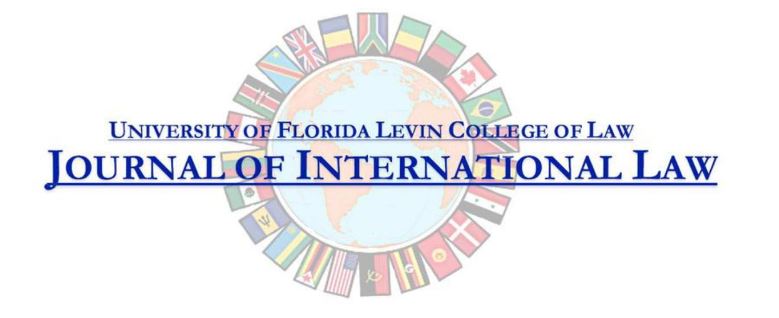
Abstract
The article examines the LGBTIQ movement’s engagement with international human rights adjudication from the perspective of its borrowing from or piggybacking on the strategies and tactics of other international social movements for historically disadvantaged groups, particularly race, gender, and Indigenous peoples. Piggybacking has shaped the rights goals of the LGBTIQ movement, which are then translated into the language of international human rights law. In this translation process, certain objectives get foregrounded at the expense of others, and the movement essentializes itself in the pursuit of strategic gains, often to lasting unintended consequences that harm the movement itself. In mapping these trends, the article argues that social movement advocates would do well to be more mindful of the piggybacking’s strategic costs, particularly as new international rights-oriented social movements emerge in areas like disability rights and the rights of older persons.
Recommended Citation
Lixinski, Lucas
(2021)
"Rights Litigation Piggybacking: Legal Mobilization Strategies in LGBTIQ International Human Rights Jurisprudence,"
Florida Journal of International Law: Vol. 31:
Iss.
3, Article 1.
Available at:
https://scholarship.law.ufl.edu/fjil/vol31/iss3/1